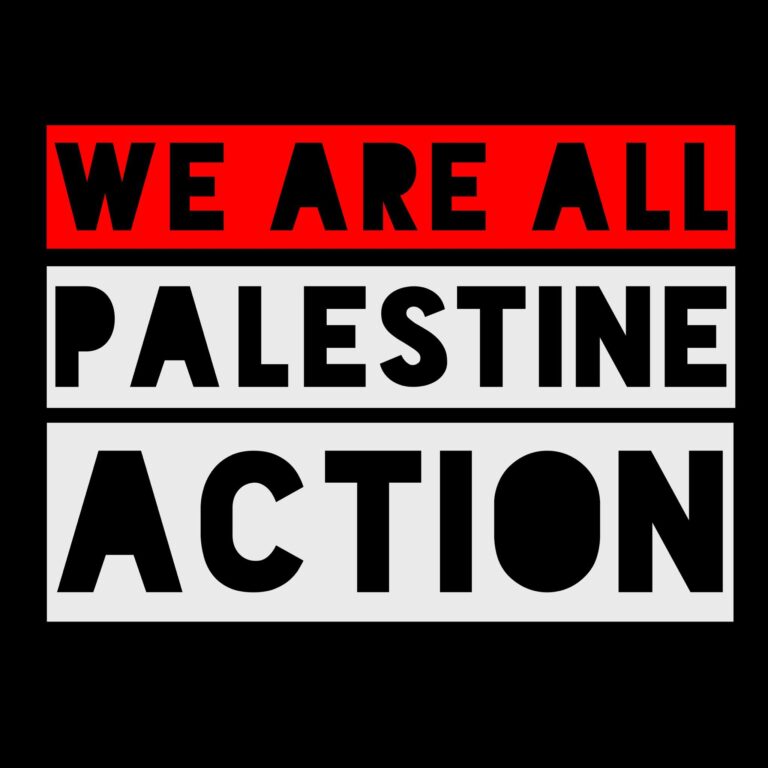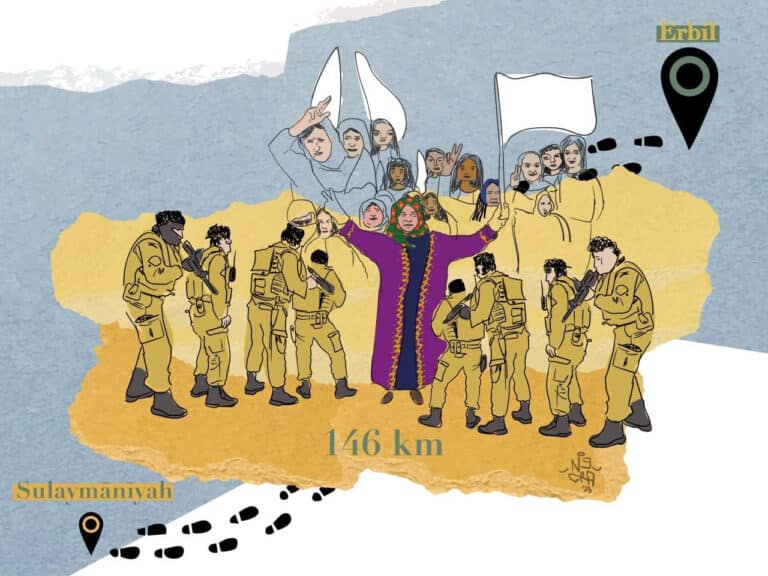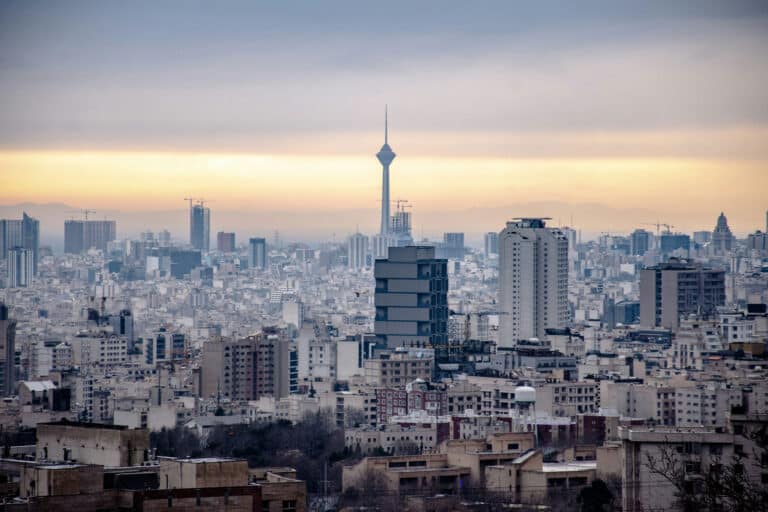 The wave of popular uprisings that swept dictators from Tunisia and Egypt has also washed through the Kurdish north of Iraq. Every day since 17 February, thousands of people have flooded the city center of Suleimaniya (Suli), where CPT is based, demanding an end to government corruption. Every day the façade of stability, security, and democracy has eroded further as the ruling parties answer calls for justice with firepower.
The wave of popular uprisings that swept dictators from Tunisia and Egypt has also washed through the Kurdish north of Iraq. Every day since 17 February, thousands of people have flooded the city center of Suleimaniya (Suli), where CPT is based, demanding an end to government corruption. Every day the façade of stability, security, and democracy has eroded further as the ruling parties answer calls for justice with firepower.
On the first day of protests, more than 3000 people gathered in Azadi Square, now dubbed “Freedom Square.” When the initial rally ended peacefully, CPTers left and went to have tea. Meanwhile, a group of about 200 demonstrators marched towards the nearby headquarters of the ruling Kurdistan Democratic Party (KDP). KDP militia opened fire on the protesters, killing three and injuring dozens, mostly young people. CPTers came out into the street to the sound of ambulances and distant gunfire.
 Tensions escalated the following day as militia forces and hundreds of secret police filled the streets of Suli. CPTers walking towards Freedom Square to the university students’ demonstration passed nine weapon-laden humvees and a water cannon poised to fire in any direction.
Tensions escalated the following day as militia forces and hundreds of secret police filled the streets of Suli. CPTers walking towards Freedom Square to the university students’ demonstration passed nine weapon-laden humvees and a water cannon poised to fire in any direction.
The demonstration ended without incident and team members boarded a bus for home. That’s when the shooting started. The bus was re-routed as armed soldiers zoomed up the main street. Twelve civilians were injured in the ensuing clashes, including three journalists.
By day five, a federation consisting of about 15 local non-governmental organizations called an emergency meeting and formed a group to create a peace wall between the demonstrators and the police. They invited CPT to stand with them.
Armed with a calming demeanor, white cloth and vests (white symbolizes peace in Kurdistan), and plastic flowers, approximately eighty lawyers, artists, writers, journalists, university students and other peace activists formed a semicircle around the square. Behind them stood over 1000 armed security forces. In front of them amassed 5000 demonstrators.
“We made this wall for security, to protect the protesters of this city,” said one group leader. “They are voicing their needs peacefully. We want to prevent violence …and return peace to our streets.”
Tensions flared when some of the protesters tried to barge into the line of security forces. The human peace wall quickly moved between them and calmed what could have incited a violent exchange.
When members of the Geroupee Spi (“White Group”) peace wall handed out bunches of plastic flowers, the soldiers’ faces softened and some of them put the flowers in the barrels of their rifles.
 That day’s protest, and many others where the Geroupee Spi was present, ended without violence. Even Friday, 25 February, designated as a “day of rage” with massive demonstrations throughout the entire country, ended peacefully in Suli thanks to the Geroupee Spi and the discipline of both the soldiers and the 15,000+ protesters.
That day’s protest, and many others where the Geroupee Spi was present, ended without violence. Even Friday, 25 February, designated as a “day of rage” with massive demonstrations throughout the entire country, ended peacefully in Suli thanks to the Geroupee Spi and the discipline of both the soldiers and the 15,000+ protesters.
The next day, however, saw two more deaths and eleven wounded. A sound bomb went off behind the stage scattering the panicked crowd. Geroupee Spi participants raised their hands in a call for calm. It seemed to work for several minutes, but then the security forces opened fire. The scene quickly turned chaotic as people ran into a nearby market. CPTers backed up against a wall to avoid being trampled.
After the violence, protesters and security forces publicly reconciled, with many soldiers reportedly throwing down their weapons, crying they would not shoot at their brothers and sisters. The following demonstrations saw a vastly reduced military presence.
Government and party leaders, feeling the threat of losing their positions of power held since 1991 and apparently unable to rely on regular troops, have resorted to illicit actions including anonymous threats, disappearances, torture and attacks by unidentified thugs.
At 2:30am on 6 March, men with ski masks over their faces carrying guns, batons and electric cables stormed Freedom Square where over 200 young people were camped in an all-night vigil. They burned tents with vigilers inside, rounded them up, beat them, and destroyed their stage and sound system.
Still the Kurdish people are undeterred from continuing their daily demonstrations.
“The truth has been unleashed,” a young protester told CPTers, “and it cannot be silenced, not even by more soldiers.” Another declared, “I will never leave [this square] until this corrupt, unjust government is finished.”
POLITICAL BACKGROUND
The recent uprising in Kurdish Iraq stems from a statement issued by the opposition Gorran (Change) Party in January challenging the roots of wide-spread government corruption and dictatorial power under the two ruling parties (KDP/PUK) which impact every aspect of civil society. They wanted the Kurdistan Regional Government (KRG) to address 7 issues, including party-run militias, through talks and negotiations.
The ruling parties responded with threats and tanks. They assembled their militias to attack the Gorran Party headquarters in Suli.
The Gorran Party got word of the plan and responded with the message, “The building is empty. Come take it if you want it. We will not fight you. You can come for us too and take us to jail, we are ready.” The KDP/PUK did not seem to know what to make of such a response. The Gorran Party’s statement galvanized popular support which gave rise to the daily demonstrations that began 17 February.



